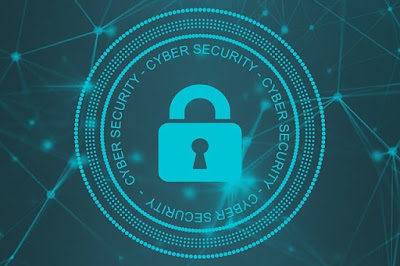Top 5 Best Practices for Protecting Your Business’s Sensitive Information in 2025
In 2025, businesses of all sizes face an increasing number of cyber threats that target sensitive information. Protecting this data is critical to maintaining trust with clients and partners, as well as avoiding costly data breaches. This article outlines the top 5 best practices for securing your business’s sensitive information.
1. Implement Strong Access Control Policies
Access control is the first line of defense in protecting your business’s sensitive information. Limiting access to sensitive data to only authorized personnel helps reduce the risk of internal and external threats. Establish role-based access control (RBAC) and make sure that employees only have access to the information necessary for their role.
2. Encrypt Sensitive Data
Encryption is one of the most effective ways to protect sensitive data from unauthorized access. Ensure that all sensitive data—whether stored on physical devices or transmitted over the internet—is encrypted. This way, even if hackers gain access to your data, they will not be able to read it without the decryption key.
3. Regularly Update Software and Security Systems
Cybercriminals often exploit known vulnerabilities in outdated software to gain access to systems. To stay ahead of potential attackers, make sure all software, including your operating system, antivirus programs, and business applications, is updated regularly. Automatic updates are a great way to ensure you are always protected with the latest security patches.
4. Educate Employees on Data Security
Your employees are often the first line of defense against cyberattacks. Regularly train them on best practices for handling sensitive information, identifying phishing attempts, and avoiding social engineering tactics. A well-informed team is one of the most powerful tools in protecting your business’s data.
5. Implement a Data Backup Strategy
Data backups are crucial for ensuring that your business can recover in the event of a cyberattack or disaster. Implement a regular backup schedule for critical data, and store backups in a secure location, either offline or on a cloud-based service. Additionally, make sure that backup data is encrypted for added security.
Conclusion: Protecting Your Business Data in 2025
In 2025, the importance of securing sensitive business information has never been higher. By following these top 5 best practices—implementing strong access controls, encrypting sensitive data, updating software regularly, educating employees, and backing up data—you can significantly reduce the risk of a data breach and protect your business from cyber threats.


0 Comments